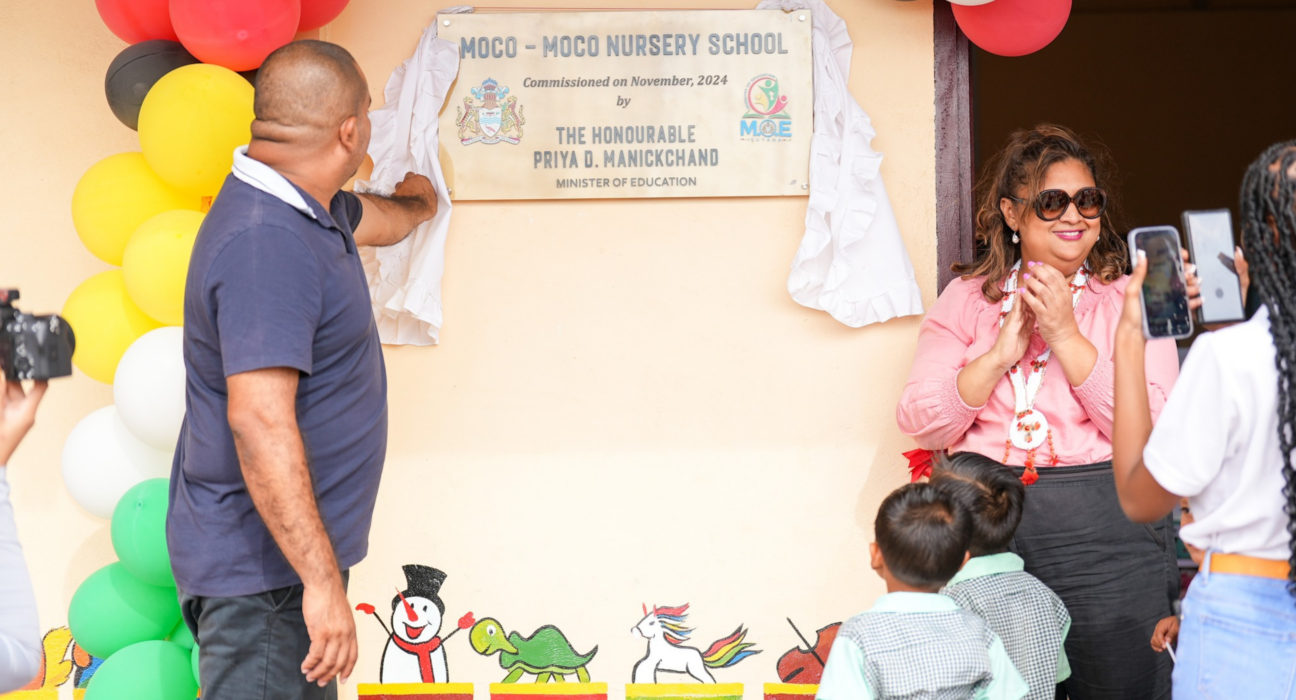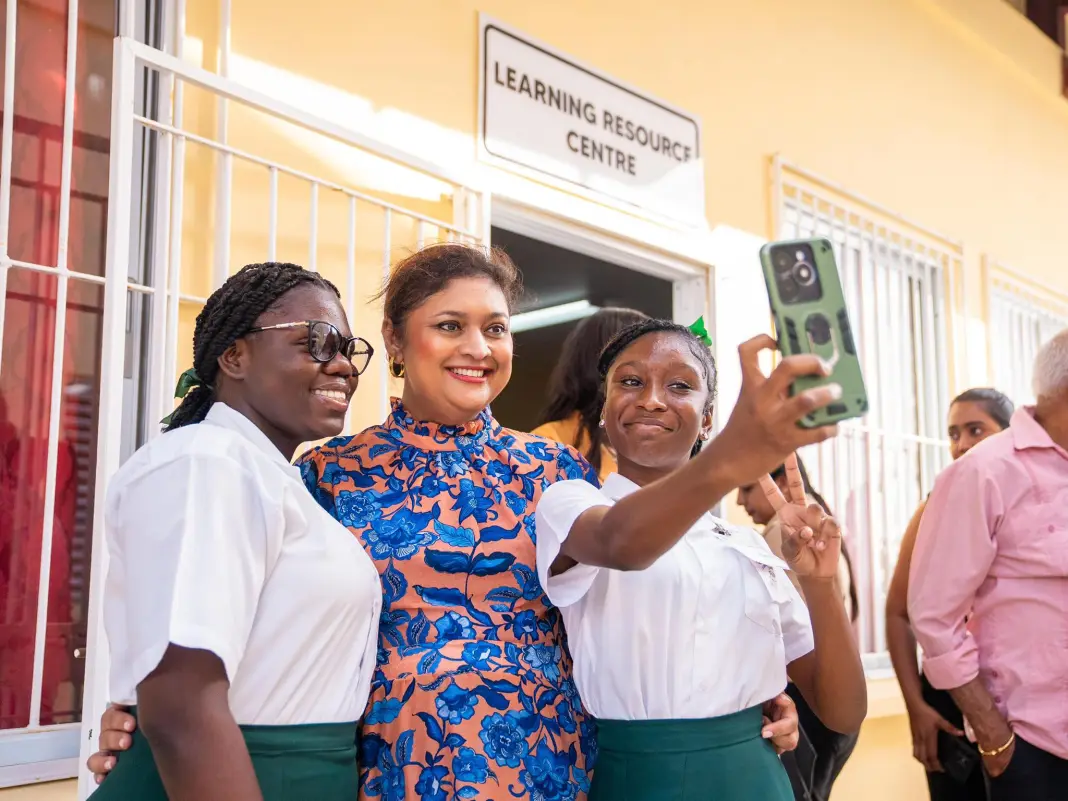WORLD Science Day for Peace and Development was celebrated on Monday, November 10, under the theme ‘Quality Science Education: Ensuring a sustainable future for all’.
UNESCO has deemed quality basic science education as an indispensable lever for innovation, being conducive to any sustainable development.
In a world increasingly shaped by science and technology, scientific and technological literacy is a universal requirement for national and global development.
In recent years, the Ministry of Education (MoE) has recognised the role of Science and Technology Education in fostering Guyana’s development along a green pathway.
Through its new five-year strategic plan (2014-2018), the Ministry of Education has captured innovations in Science, Technology, Engineering and Mathematics (STEM) education for sustainable national development.
Teacher training and school-based follow-up support in STEM forms the foundation of the implementation of the plan. The quality of science education is being enhanced through the inquiry-based science education (IBSE) initiative launched in 2011 through collaboration with the United Nations Educational, Scientific and Cultural Organisation (UNESCO) and the Caribbean Academy of Sciences (CAS).
The initiative promotes ‘hands-on’ learning and fosters the development of critical thinking in students at a very early age. It has brought back the ‘fun’ into science teaching and learning.
Students learn from the environment and through the environment.
Another initiative by the Education Ministry was the introduction of the micro-science kits, which has contributed to improvements in the quality of science education. More than 90 secondary schools are now equipped with these kits, supporting manuals and chemicals.
Since its introduction in 2012, a 20% increase in the number of students enrolling for the CSEC single sciences has been recorded.
This year, a pilot project has commenced for seventeen primary schools in various regions of Guyana where portable science kits (true mini-labs) were distributed. These contribute to interactive hands-on learning in science.
Queen’s College student, Joshua Cramer (November 6, 2014), a Grade 10 student, related after using the micro-science advanced chemistry kit: “This is a very clever way of introducing the topic electrolysis and the kits.”
Recent support received from UNESCO will enable the Ministry of Education to develop a policy on education for sustainable development (ESD), the infusion of climate change education for sustainable development (CCESD), and to expand the work in inquiry-based science and mathematics education and the global micro-science experiments project.
Guyana is one of the first countries in the Caribbean Region that has been selected to pilot these initiatives.
Additionally, the Ministry of Education is partnering with local NGOs and other science and technology institutions to promote the use of STEM in solving local school and community problems. The re-establishment of science/environmental clubs in many schools facilitates community-based learning.
Science learnt inside the classroom is taken outside the classroom and used as solutions to local problems. The hosting of science fairs and exhibitions, and public awareness on the importance of science and technology for national sustainable development is raised.
The Ministry of Education welcomes partnerships in its drive to improve the quality of science education, as it seeks to ensure a sustainable future for all Guyanese.
Source: http://guyanachronicle.com/2014/11/12/guyana-acknowledges-importance-of-a-quality-scientific-background



